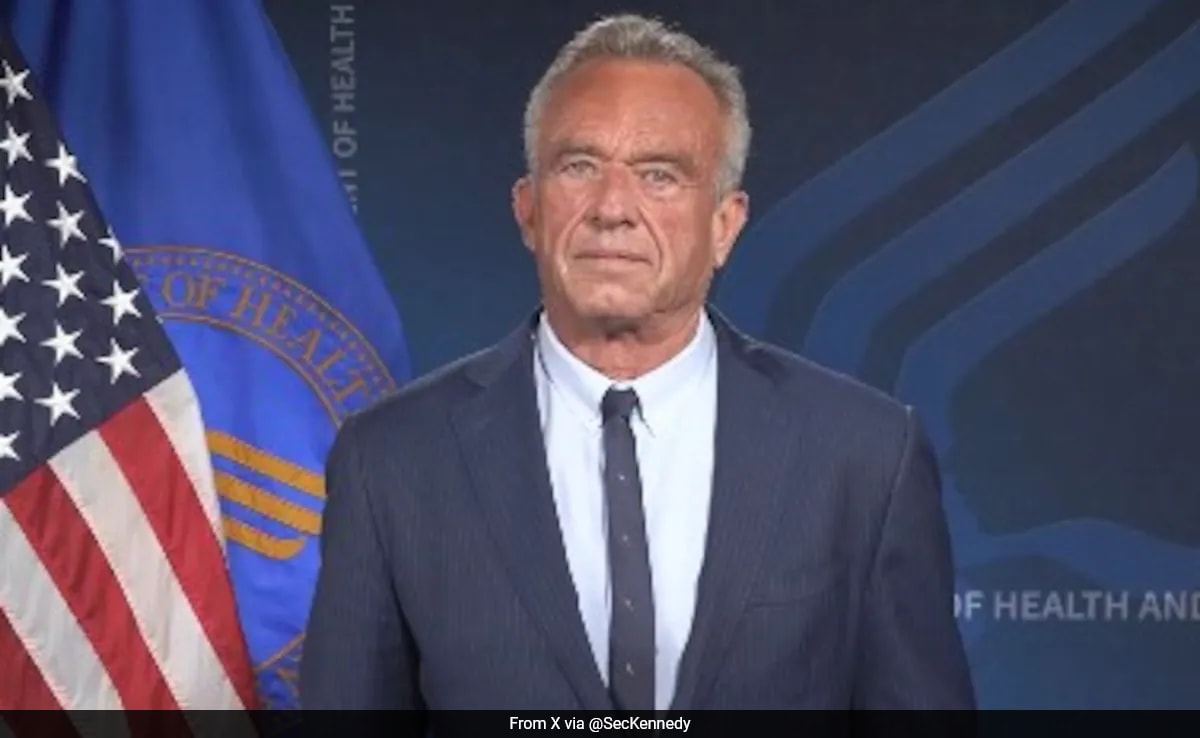mRNA Vaccine Funding Cuts: US Health Department Reverses Course on $500 Million Investment

mRNA Vaccine Funding Cuts: A Shift in US Health Policy
In a significant move that signals a potential shift in vaccine strategy, the US Department of Health and Human Services (HHS) has announced it's pulling back on a substantial $500 million investment earmarked for the development of messenger RNA (mRNA) vaccines. This decision, coming under the leadership of Secretary Robert F. Kennedy Jr., marks another change in the agency's approach to vaccine development and raises questions about the future of mRNA technology in US public health.
What Happened? The HHS is terminating existing contracts with companies working on mRNA vaccines. While the specifics of which companies are affected haven’t been fully disclosed, the move is widely interpreted as a reassessment of the agency’s priorities. mRNA technology, famously used in the Pfizer and Moderna COVID-19 vaccines, has been hailed for its speed and adaptability in responding to emerging infectious diseases. However, the change in direction suggests a potential refocusing of resources and a possible skepticism regarding the long-term viability or necessity of extensive mRNA vaccine development.
Kennedy Jr.'s Influence: The timing of this decision is particularly noteworthy given Secretary Kennedy Jr.'s appointment and his publicly stated views on vaccines. He has consistently questioned the safety and efficacy of certain vaccines, and his leadership is clearly influencing the HHS’s policy decisions. Critics argue that this move could hinder innovation and leave the US vulnerable to future pandemics, while supporters suggest it’s a prudent reallocation of funds based on a more cautious assessment of risks and benefits.
The Future of mRNA Vaccines in the US: The $500 million pullback doesn’t necessarily mean the end of mRNA vaccine research in the US. Private sector investment and ongoing research efforts are likely to continue. However, the reduced government funding could slow down the development pipeline and potentially limit the range of mRNA vaccines available in the future. It also raises concerns about the US's ability to rapidly respond to novel viral threats.
Broader Implications: This decision has implications beyond just mRNA vaccines. It reflects a broader debate about vaccine mandates, the role of government in public health, and the balance between individual liberty and collective safety. The HHS’s evolving vaccine policies are likely to be closely watched by public health experts, policymakers, and the public alike, as they shape the nation's approach to disease prevention and control.
Looking Ahead: The HHS has yet to provide a detailed explanation for the funding cuts, and future announcements regarding vaccine strategy are anticipated. It remains to be seen how this shift in policy will ultimately impact the US’s ability to combat infectious diseases and protect public health. The debate around mRNA technology and its role in the future of medicine is far from over, and this decision is a significant chapter in that ongoing discussion.




